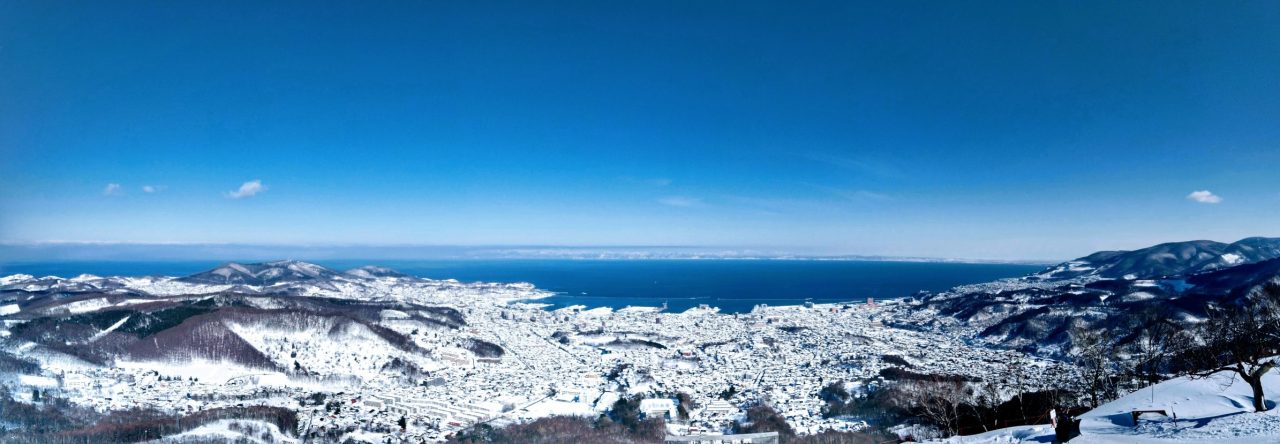■20200515(金曜日:曇) Constitution

■診察してもらっている漢方の先生に、昨日は新しい薬を処方してもらいました。睡眠導入剤です。前回の診察で処方してもらった、メラトニン関連の薬がどうも私の体には合わなかったのです。
眠れることはよく眠れたのですが、翌日の午前中いっぱい、まるで時差ボケのような状態になってしまい、仕事にならなかったのです。先生に相談したところ、半錠服用してみたらどうか、と勧められて昨日の夜は半錠だけ飲んでみました。ところが今日の午前中いっぱい、体が重くて本当に参りました。やはり私の体には合わないようです。
今朝は久しぶりに走るつもりで準備もしてあったのですが、とてもそんな気持ちにはなれませんでした。明日の朝は雨のようですから、本格的に積み重ねをするのは来週になりそうです。
日曜日は新沼津カントリークラブBクラスの月例ですので、それでゴルフもしばらくおさらばです。
■さて、新型コロナウイルスの蔓延によって、物流の寸断や人の移動の停止が行われ、それによる食料生産供給が減少し、買い急ぎや輸出規制につながり、それらによる一層の物価高騰が起きて、食糧危機になることが懸念されています。
日本の食料自給率は37%であり、我々の体を動かすエネルギーの63%を海外に依存しています。輸入がストップすると命の危険に晒されかねないというわけです。
長周新聞第8495号では、東京大学の鈴木宣弘先生が「コロナ禍が炙りだす食の脆弱性と処方箋:ショックドクトリンは許されない」と題して寄稿されています。
すでに小麦の大輸出国、ロシア、ウクライナ、そして米の大輸出国ベトナム、インドなどが輸出規制に動き出しています。この輸出規制は、自国民の命を守る措置であり、抑制を促すのは困難です。
しかしながら、FAO、WHO、WTOは共同で輸出規制の抑制を要請しています。更にこの3国際機関は1層の食料貿易自由化を求めています。解決の処方箋は、食の自由化への反省と、各国の食料自給率向上こそが解決の処方箋である、と先生は書かれています。
量だけでなく質の安全保障も、という項目の中で、日本に輸入されている食料が、いかに薬まみれかということがよく分かります。米国産の輸入牛肉からはエストロゲンが600倍も検出されたことがあり、エストロゲンは乳がんを増殖する因子として知られています。
米国内ではホルモンフリー牛肉が国内需要の主流となっています。オーストラリアは日本にはホルモン牛肉。禁止されているEUにはホルモンフリー牛肉を輸出しています。米国やオーストラリアからは国内では流通しにくいホルモンまみれの牛肉が輸入規制の緩い日本に輸出されているのです。
輸入小麦には日本で禁止されている収穫後農薬の防カビ剤が輸送時に振りかけられています。米国の農家は、これは日本人が食べるからいいのだ、と言っていたという話もあります。
日本にはこうした危ない農産物が山のように輸入されているのです。いったい誰が、誰の為に、このような政策を推し進めているのでしょうか。食料安全保障こそが国の安全保障の基本です。そのことを忘れてはなりません。
The Chinese medicine doctor I’m seeing prescribed a new medicine yesterday. It is a sleep inducer. The melatonin related medication that was prescribed at my last appointment somehow didn’t work for my body.
I was able to sleep well, but the next day I was in a state of jet lag for the entire morning and couldn’t get to work. When I consulted with the doctor, he suggested that I should take half a tablet, so I took only half a tablet last night. However, my body was heavy all morning today and I was really tired. After all, it doesn’t seem to be suitable for my body.
This morning I was prepared to run for the first time in a long time, but I didn’t feel like it. It looks like it’s going to rain tomorrow morning, so it looks like it’s going to be next week before we can do any real stacking.
Sunday will be the monthly competition at Shinnumazu Country Club B class. After that, I’m going to put golf away for a while.
■Now, there is a concern that the spread of the new coronavirus will disrupt logistics and stop the movement of people, which will reduce the supply of food production and lead to a rush to buy and export restrictions, which will lead to a further rise in prices, resulting in a food crisis.
Japan’s food self-sufficiency rate is 37%, and we depend on foreign countries for 63% of the energy that runs our bodies. If imports are stopped, lives may be at risk.
In the Choshu Shimbun No. 8495, Professor Nobuhiro Suzuki of the University of Tokyo wrote an article titled “Coronal Consequences Reveal Food Vulnerability and Prescription: Shock Doctrine Is Not Allowed”.
Already major wheat exporters such as Russia and Ukraine and major rice exporters such as Vietnam and India are moving to restrict exports. This export control is a measure that protects the lives of its own people, and it is difficult to encourage restraint.
However, the FAO, WHO and WTO have jointly called for the curbing of export controls. Furthermore, these three international organizations are calling for further liberalization of food trade. The prescription for a solution, he writes, is to reflect on food liberalization and to increase food self-sufficiency in each country.
In the section on security of quality as well as quantity, it is easy to see how the food imported into Japan is covered in medicine. Estrogen has been detected 600 times in imported U.S. beef, and estrogen is a known factor in the growth of breast cancer.
In the United States, hormone-free beef has become a mainstay of domestic demand. Australia exports hormone beef to Japan. Hormone-free beef is exported to the EU, where it is banned. Hormone-covered beef from the U.S. and Australia is exported to Japan, where import restrictions are lax.
Imported wheat is sprinkled with post-harvest pesticide fungicides, which are banned in Japan, during transportation. It is said that the American farmers said that this is good because the Japanese eat it.
These dangerous agricultural products are being imported into Japan in large quantities. Who in the world is pushing these policies and for whom? Food security is the basis of the country’s security. We must not forget that.
